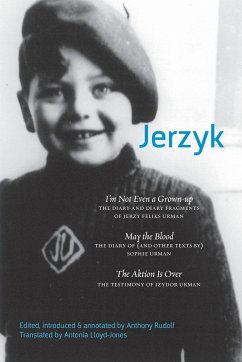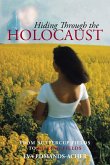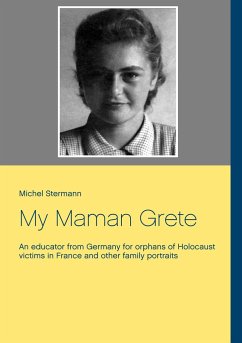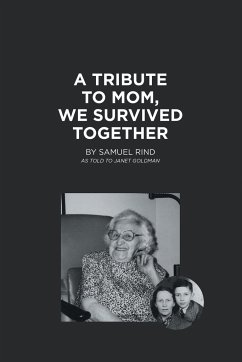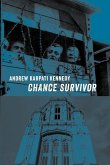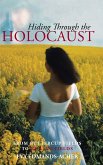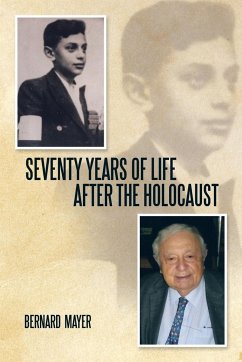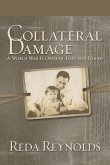On 13 November 1943, Jerzy Feliks Urman (known as Jerzyk) killed himself, thinking the Gestapo had arrived. He was eleven and a half. He and his family were in hiding in Drohobycz, during the German occupation of East Galicia, now western Ukraine. A year earlier the family had quit Stanis¿awów in the wake of brutal round-ups and deportations of Jews. The boy's parents, uncle, and grandmother survived the war. He kept a diary and jottings during the two months before he died. Anthony Rudolf, Jerzyk's second cousin once removed, published these texts in 1991 in a translation made from a family typescript of the original. The recent discovery of the diary of Sophie Urman, Jerzyk's mother, led Rudolf to commission a translation by Antonia Lloyd-Jones. She has also revised the earlier translation of Jerzyk's own diary after comparing the typescript and the original manuscript, which is now in Rudolf's possession. The editor has written new introductions and made extensive annotations in an attempt to clarify complex and troubling issues. Drawing attention to specific remarks and episodes, he interprets the death of Jerzyk - the only child suicide in the extensive archive at Yad Vashem - not only as the tragic action of a child under pressure but also as a noble and heroic act. Likewise, the keeping of a diary, as with Anne Frank and other children in hiding, was a form of defiance, an example of what has come to be called spiritual or cultural resistance. The book also contains two more texts by Sophie, testimonies by Jerzyk's father and uncle, maps and family photographs. It ends with Rudolf 's account of the tragic death of Mark Rothstein, another second cousin. Mark was a few months younger than Jerzyk when he died in the East End of London on 27 March 1945, during the last day of the V2 bombing raids.
Hinweis: Dieser Artikel kann nur an eine deutsche Lieferadresse ausgeliefert werden.
Hinweis: Dieser Artikel kann nur an eine deutsche Lieferadresse ausgeliefert werden.

